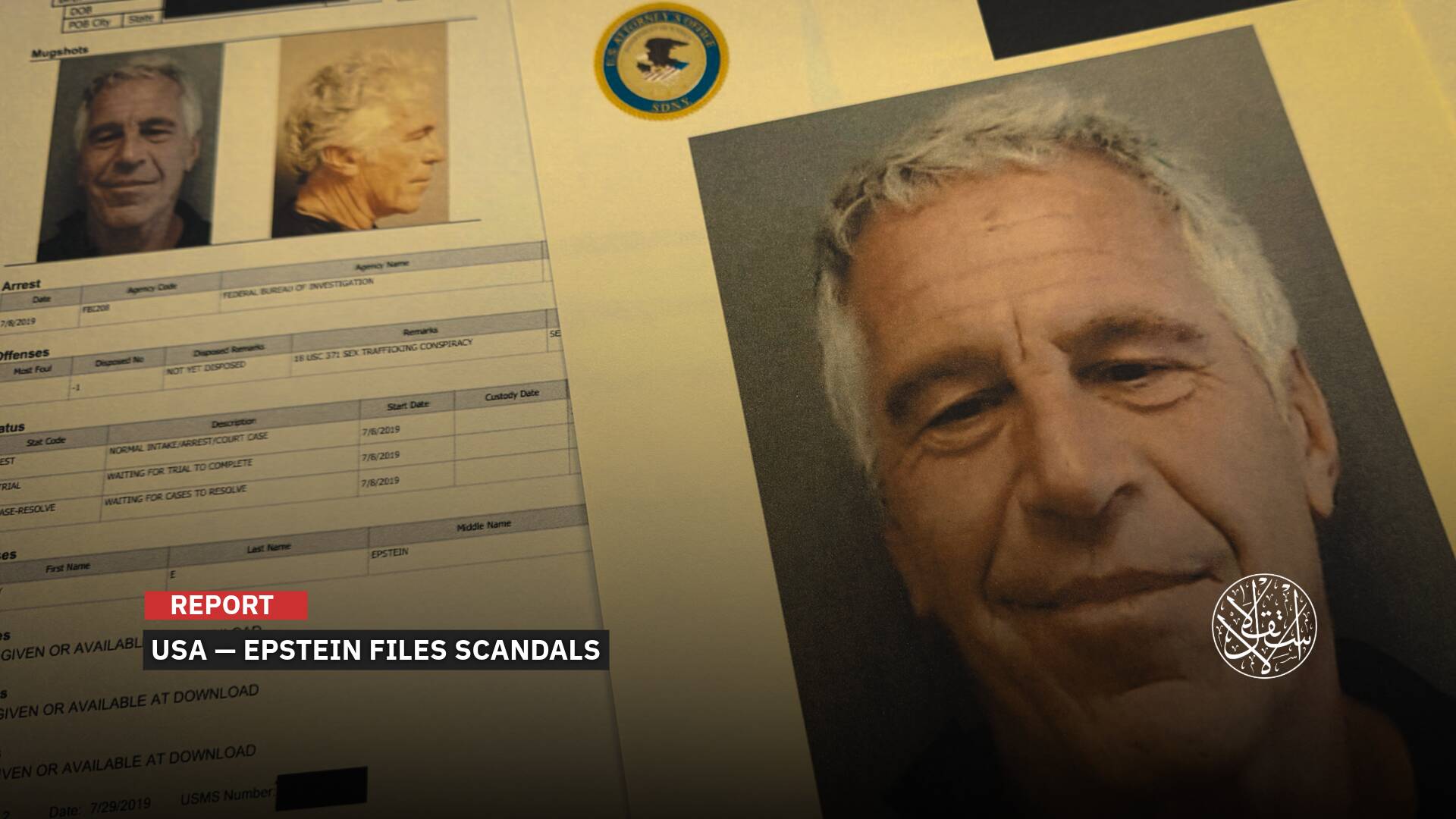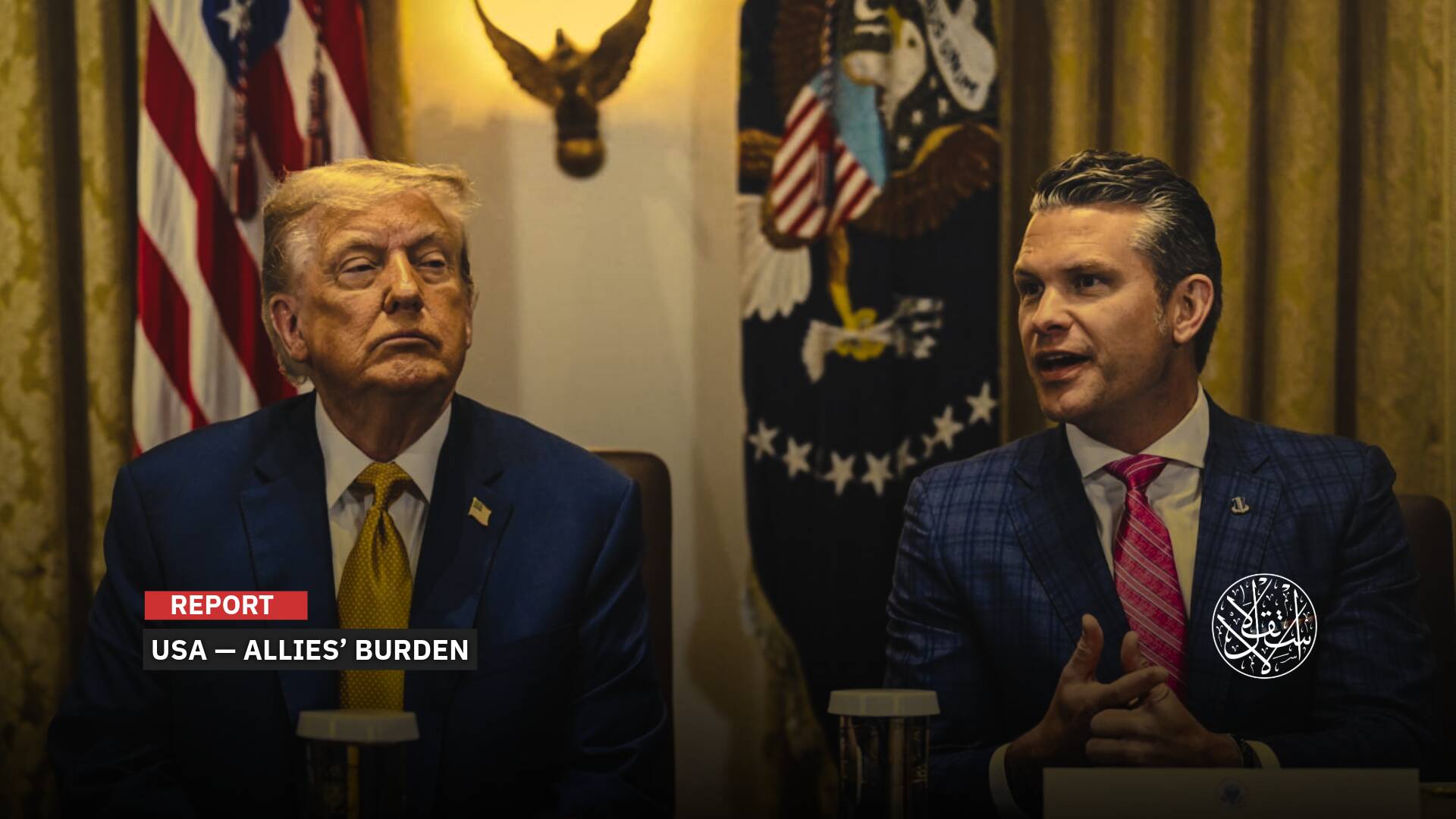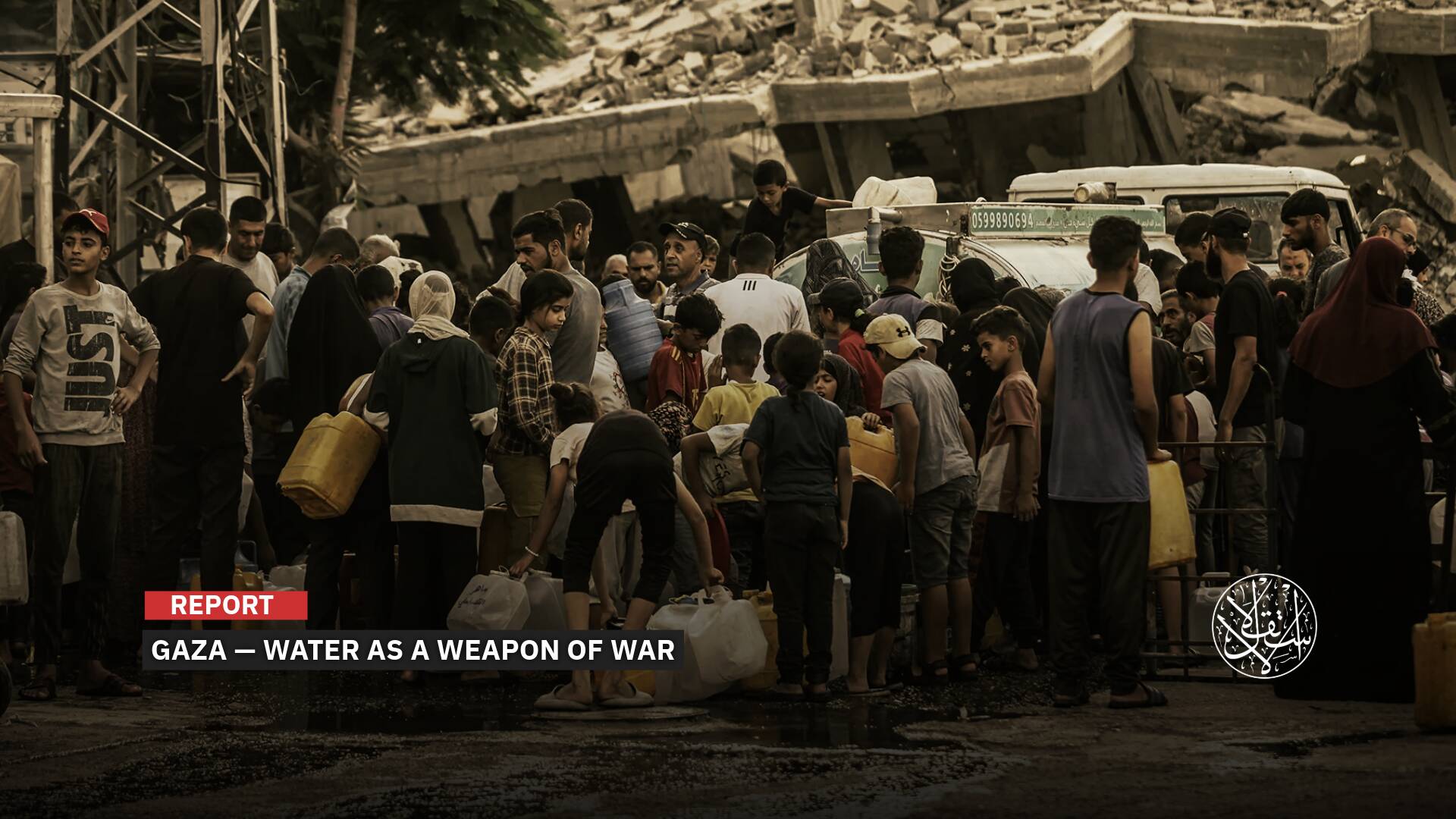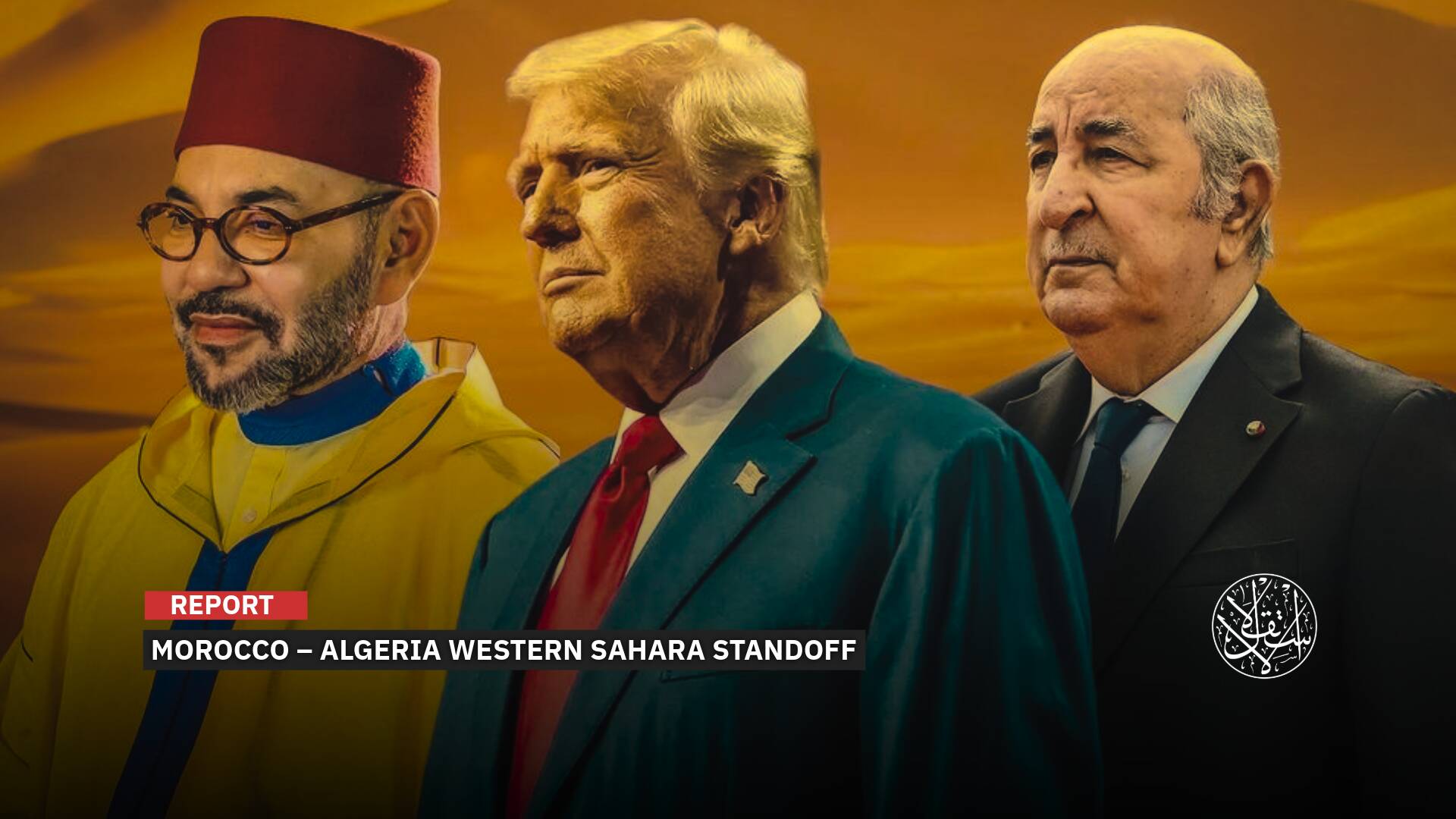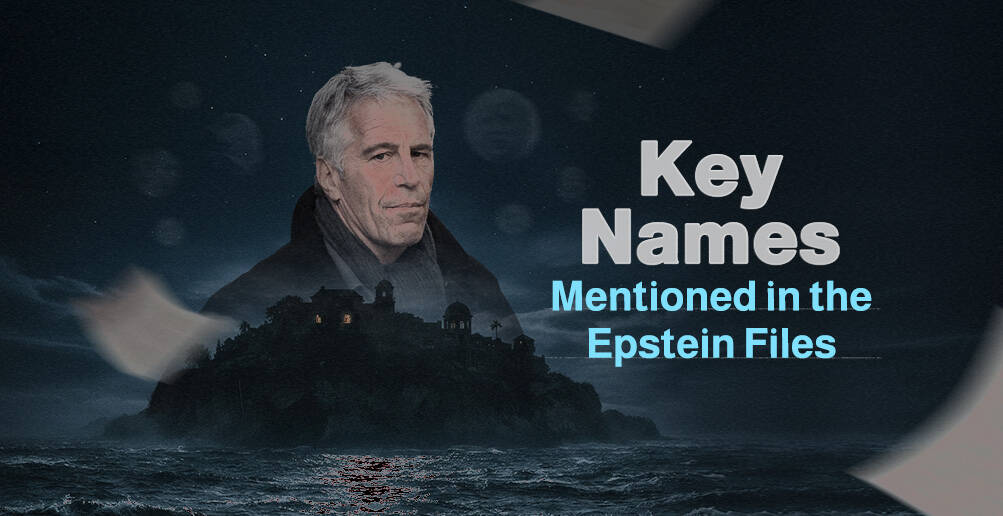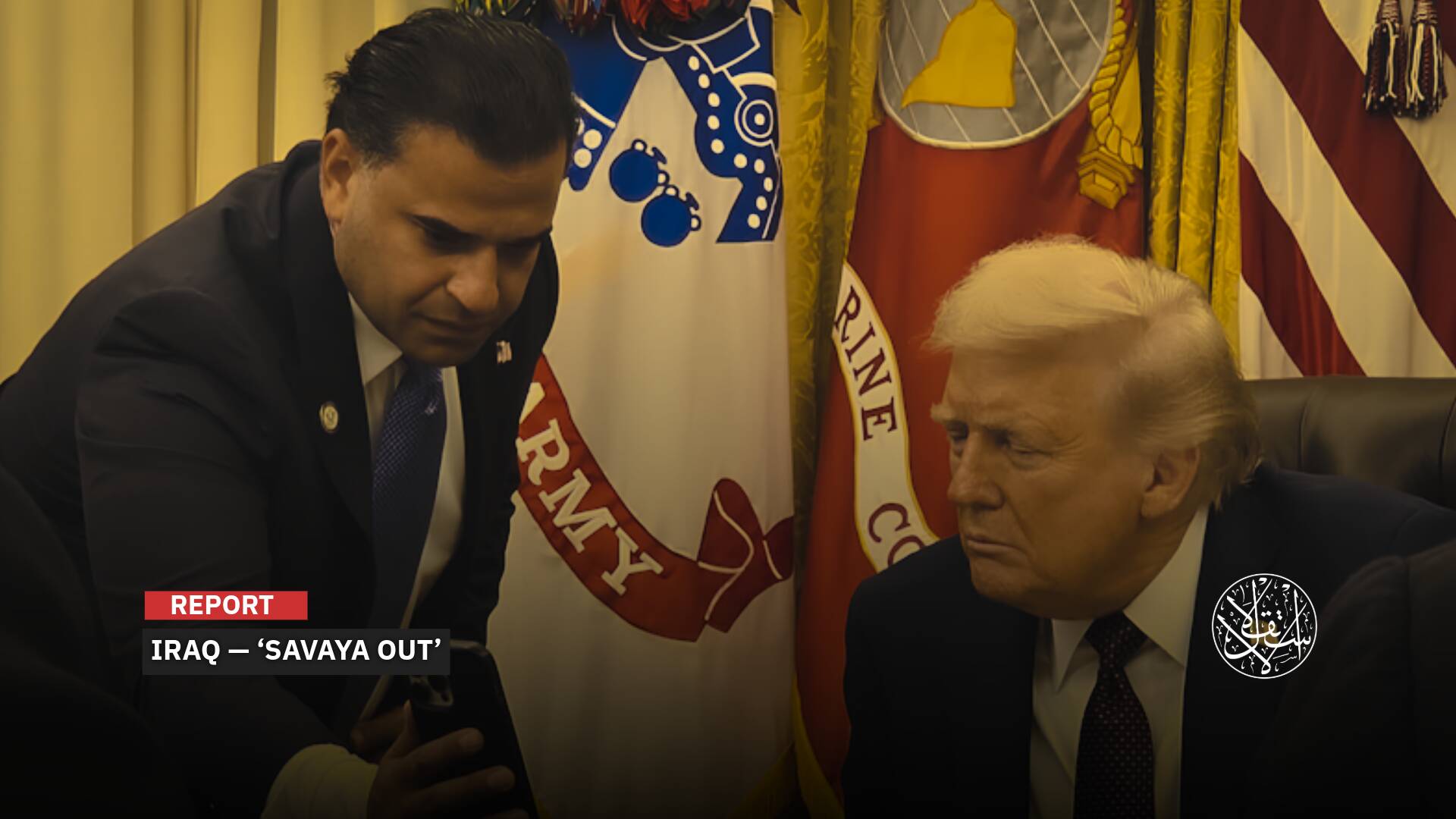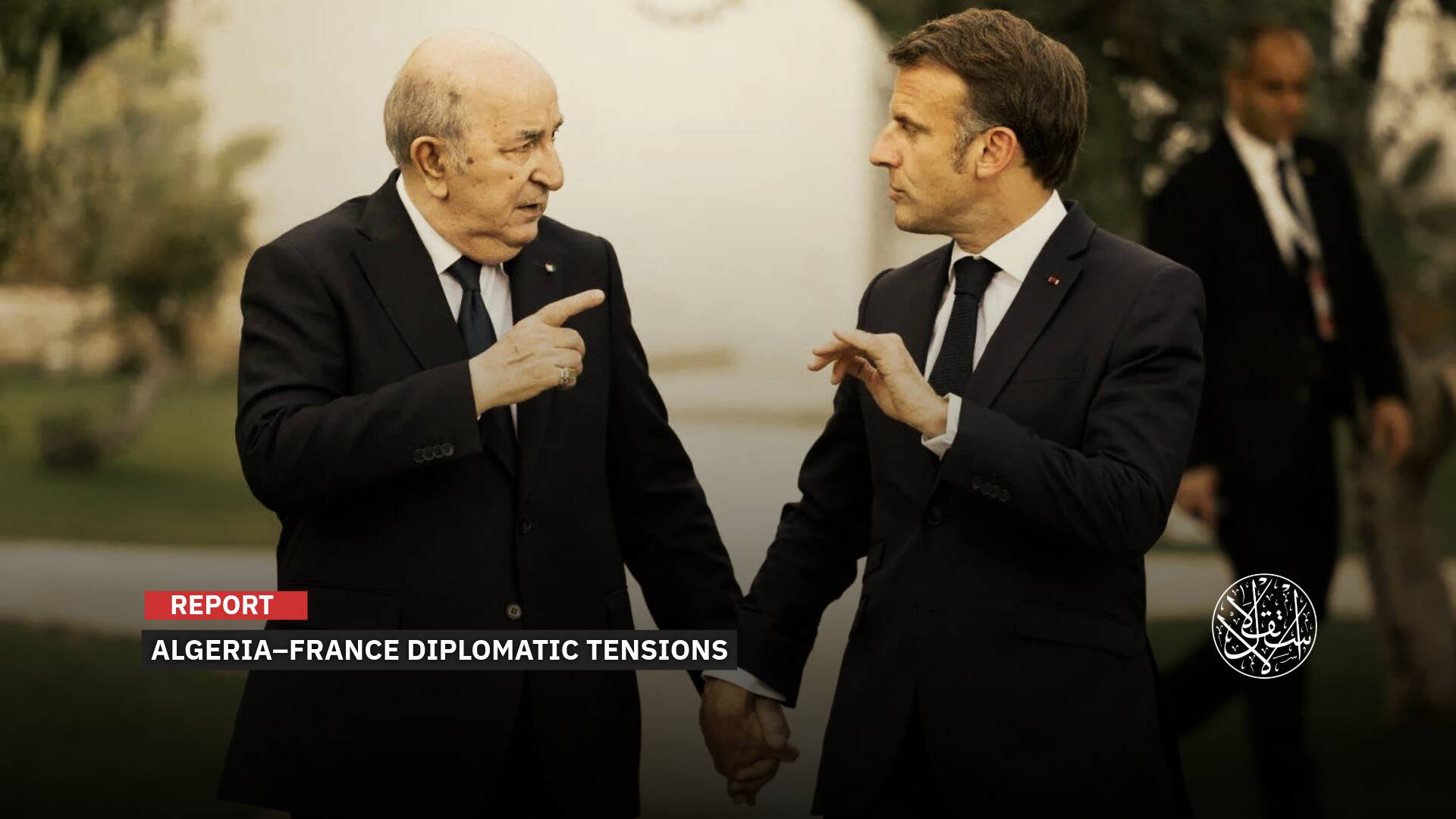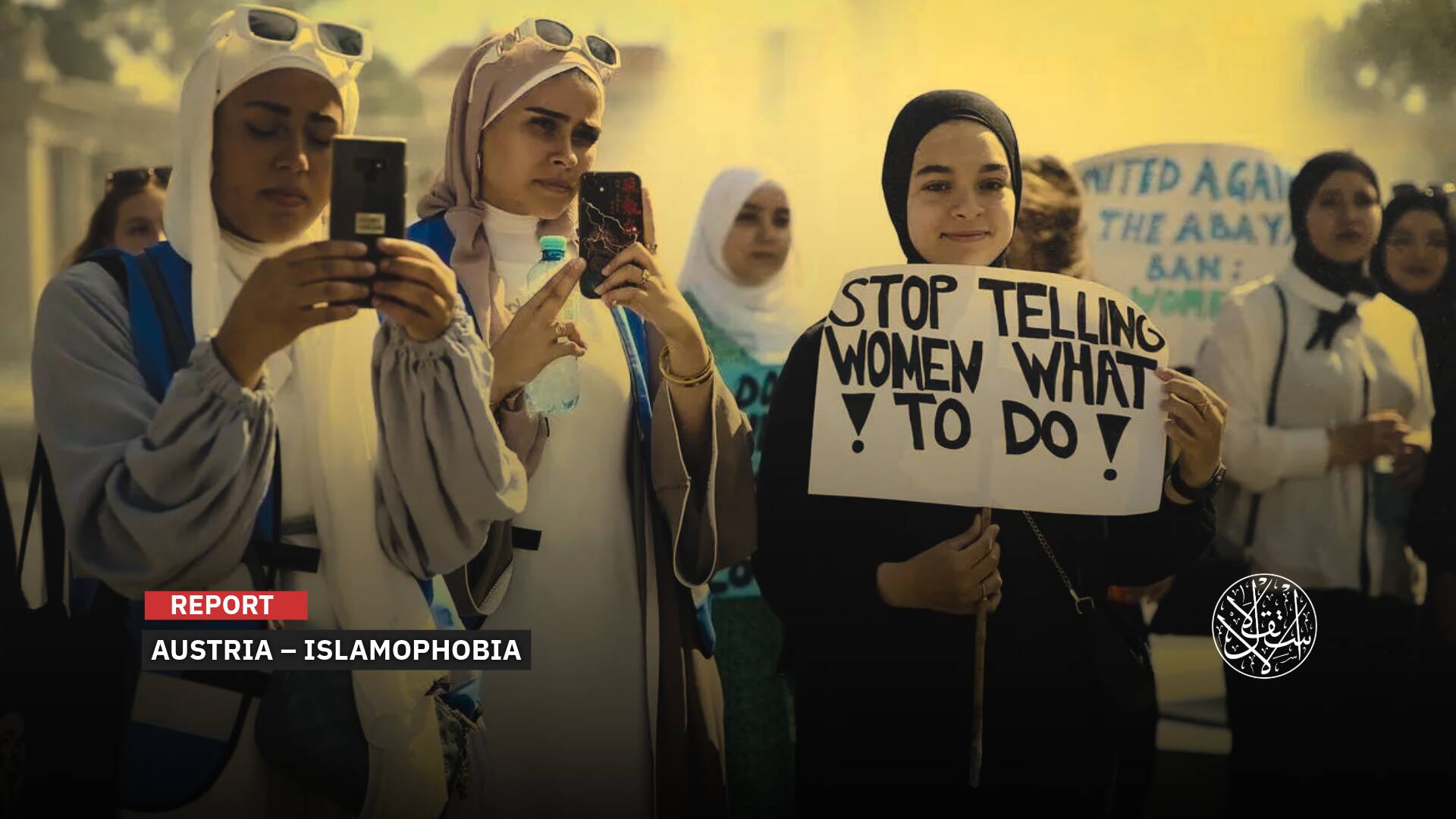The French Intelligence Pays the Price for Failed Predictions Regarding Africa

The greatest French setback lies in the withdrawal of the Barkhane force, comprising 5,500 soldiers.
After a short period following his assumption of leadership of the French DGSE foreign intelligence service, the new chief, Nicolas Lerner, visited the African Mission Center (CDM) on January 9, 2024. This center is one of the seven centers under the purview of the agency.
According to Intelligence Online, Chief Lerner has shown keen interest in Africa, particularly in the western part of the continent.
The magazine stated in one of its reports that this visit carries significant symbolism, as the French government has accused the DGSE of failing to predict events in Africa, especially the recent coups in Mali, Burkina Faso, and Niger, which coincided with setbacks for the foreign intelligence.
The latest incident involved the arrest of four agents from the Directorate of Technology and Innovation of the French Ministry of Trade and Industry in Burkina Faso in early December 2023, who remain detained to this day.
Substitutions and Strikes
These failures led to the dismissal of a large number of DGSE personnel, coinciding with French President Emmanuel Macron's decision to expedite plans to replace Bernard Emie, the diplomat who headed the agency since 2017.
Diplomat Sylvain Itte, who served as France's ambassador to Niger and is one of the key figures in foreign intelligence in West Africa, defended the agency's failure to predict events in Niger when President Mohamed Bazoum was ousted in July 2023.
Itte testified before the French National Assembly's National Defense and Armed Forces Committee in November 2023, the details of which were disclosed in mid-February 2024.
He stated, "The work of the DGSE foreign intelligence service in Niger, Mali, and Burkina Faso is entirely devoted to combating terrorism," clarifying that the agency is not authorized to interfere in the political affairs of the three countries.
He explained that in the Sahel region, political intelligence ranks second in priority after counterterrorism missions, which consume most of the limited technical and human resources by nature.
Itte noted that redirecting these resources to the political arena within a matter of days following events is challenging.

The coups in Mali, Burkina Faso, and Niger were not the sole blows Paris received, threatening its influence.
Following the coups, another significant step was taken when the three countries decided on January 28, 2024, to withdraw from the Economic Community of West African States (ECOWAS), stating in a joint statement that it posed a threat to them.
The joint statement of the withdrawing countries clarified that they would leave ECOWAS, consisting of 15 members, "as soon as possible."
ECOWAS, known by its French acronym CEDEAO and its English equivalent ECOWAS, is a political organization and regional economic union founded on May 25, 1975.
According to a report by Alhurra on January 29, 2024, the reasons for this move are diverse, including the perception by the systems of those countries that "ECOWAS no longer has sovereignty in its decisions, and France significantly influences its movements."
It was reported that ECOWAS systems have failed even in combating terrorism despite French support, and countries no longer expect anything new from its decisions.
It concluded that the Sahel region has become the African Ukraine, directly involved in the international power struggle and the restructuring of a new world order, with Moscow seeking to have the upper hand.
France's Failure
It added that the three countries see that the group has become nothing but a mechanism to pass Paris's policies.
These countries believe that there is no longer any benefit in remaining in this organization, which is no longer aligned with its stated objectives, especially since these countries often played the tune of combating the "new colonialism" and Western imperialism represented by France.
In a report published by ISPI 90 based in Rome, the announced reasons for this withdrawal are the "threat" posed by the ECOWAS to the three coastal countries and its betrayal of its principles and submission to foreign dictates.
It further stated, "If we decipher the meaning behind these sentences, we will find that after failing to force the new rulers to relinquish power under the pretext of a military coup, France attempted to use the ECOWAS group to exert pressure on the three countries."
It continued that these pressures turned into a semi-political and economic siege imposed by the organization on the three countries, reaching the point of preventing the entry of medicines into Niger, for example, or attempting to prevent ECOWAS representatives from going to the same country.
It noted, "This deviation from ECOWAS's founding goals has made it a compliant tool to execute a purely French agenda, whose primary goal is to dominate the gold, uranium, and natural resources of these countries."
The Times had criticized France for its management of its former colonies in Africa, holding it responsible for the unrest that occurred.
In its editorial published on August 8, 2023, it stated that President Emmanuel Macron's erratic policies have failed to achieve stability in France's former colonies in Africa.
Niger was until recently considered one of the most stable former French colonies in the African Sahel region, but it is no longer the case after the overthrow of its government, similar to Burkina Faso and Mali, according to the magazine.
The same scenario was repeated in the coups witnessed by the three countries, where a bleak statement about the poor governance system is issued, followed by discussions about the despair generated by years of drought, security chaos, and, above all, the failure of the French model to achieve stability on the continent.
The Times dedicated a special section to the French intelligence services, stating that they have long claimed that they were able to predict the rebellion of the Russian Wagner military group against the Russian regime in Moscow.
However, they have now failed to predict the coup in Niger, as they did before in anticipating the coups that occurred in both Mali and Burkina Faso, according to its assessment.

On January 5, 2024, Reuters published a report on the developments in the African Sahel region and their connection to the changes that occurred within the French foreign intelligence service.
It noted a correlation between the removal of Bernard Emie, the former head of French intelligence, aged 65, and the failures experienced by French intelligence. The intelligence failed to discover, anticipate, and mitigate the successive coups that took place in the three Sahelian countries (Mali, Burkina Faso, and Niger) over the past four years.
Ultimately, this led to France's withdrawal from the region and a decline in its influence. One of the primary tasks required of the new head of foreign intelligence, Nicolas Lerner, will be to provide the Elysee Palace with information and analyses to understand what happened and then work on recovering some of the lost ground in the strategically important region for Paris.
One of the most significant signs of failure is that Paris, at the height of its presence in the Sahel region, deployed the Barkhane force, consisting of 5,500 soldiers, enjoying logistical, aerial, and intelligence support. This force, deployed in the mentioned three countries, was gradually forced to leave Mali, then Burkina Faso, and finally Niger, where the last French soldier departed on December 22, 2023.
Additionally, Paris decided to close its embassy in the Nigerien capital, Niamey, citing "serious obstacles that made it impossible to perform its duties, such as encircling the embassy and imposing restrictions on staff movement."
However, according to the British agency, the biggest French loss lies in the withdrawal of Barkhane, accompanied by the withdrawal of the European special forces unit called Takuba, which was stationed in Mali to enable the government to assert its authority.
Although the departure of the French force from Niger was not followed by the withdrawal of a more modest Italian-German force, with the U.S. Air Force remaining at its bases in the country, it does not appear that anyone will field replace the French in the Sahel, leaving the door open for the strengthening of influence by competing non-Western powers.
Evidence of this is Moscow's swift reorganization of the Wagner ranks and renaming them "Africa Corps," indicating its keen interest in capitalizing on the French vacuum in the region and its determination to enhance its presence.
From now on, Russian presence seems apparent in Mali and also in Burkina Faso, at the expense of Paris, which has receded on all fronts.
Sources
- France's new DGSE foreign intelligence boss takes keen interest in Africa
- Mali, Niger and Burkina Faso: away from ECOWAS [Italian]
- France's challenges to restore its crumbling influence in the Sahel countries [Arabic]
- Times: Niger's coup demonstrated the failure of France's floundering policies in Africa [Arabic]


